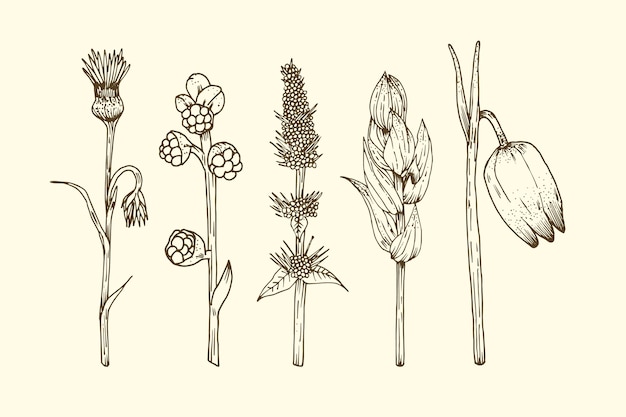What is the Active Component of Milk Thistle Seed?
Milk thistle seeds are packed with a powerful compound called silymarin, which acts as an antioxidant. This means it helps reduce free radical production and oxidative damage. Additionally, silymarin can prevent toxins from binding to the liver. Studies in animals have shown that silymarin can mitigate liver injury caused by acetaminophen and benefit conditions like alcoholic liver disease, hepatitis, and other liver issues induced by toxins. It’s also reassuring that milk thistle generally has a strong safety profile, with rare side effects and no reports of serious toxicity or drug interactions.
Liver Support Applications
Milk thistle has been studied for its potential benefits in modern medicine, often inspired by traditional uses. For instance, researchers at the Université of Montréal in Quebec explored how milk thistle extract could protect the liver during transplantation and found that silibinin (a component of silymarin) shows potential in safeguarding the liver from certain types of damage.
Native to the Mediterranean, milk thistle’s stems are also rich in antioxidants and consumed by locals to combat oxidative damage in the liver and biliary tract. Oxidative damage is believed to play a key role in nearly all chronic liver disorders. Given milk thistle’s powerful antioxidant capacity, it’s considered highly valuable when looking into herbal therapies for liver issues.
In Pakistan, where hepatitis C is a significant health concern, milk thistle seed has been examined for its potential role in fighting this infection.
Other Actions of Milk Thistle
Milk thistle seed has an interesting historical use: it was given to people who had ingested amanita, a toxic mushroom. Modern science supports this traditional remedy. Researchers at the Institute of Complementary Medicine at University Hospital Zurich in Switzerland reviewed 65 papers on milk thistle and concluded that using silymarin for amanita toxicity is reasonable. They also encouraged further research into new possible uses.
Milk thistle also shows a structural relationship with compounds that affect liver metabolic processes, leading to speculation that it might help lower blood sugar levels. Further studies confirmed that milk thistle does influence glucose metabolism in the liver, contributing to a blood sugar-lowering effect.
Moreover, milk thistle seed extract exhibits estrogen-like effects, and there’s evidence that estrogen positively impacts memory. Studies on rats showed that administering silybin during pregnancy led to beneficial brain changes and improved memory. This finding could pave the way for more research into silybin’s potential in tackling memory impairment diseases.
Supplementing with Milk Thistle
Milk thistle is widely available in supplements, both in liquid and capsule forms. As previously mentioned, this herb offers a range of benefits, particularly in supporting and protecting liver functions. Thanks to these benefits, organic milk thistle is a key ingredient in Liver Health, a powerful blend of herbs designed to aid digestion and support the liver and gallbladder.

